My first regular assignment as a brakeman on the Seaboard Coast Line Railroad in 1977 was one that no one else wanted. In accordance with my union’s working agreement, when a job could not be filled voluntarily, the most junior employee was “forced” to work it. The morning after being notified by the crew clerk, I drove 30 miles south from my Richmond home to Collier Yard in Petersburg, Va., where my new job as head brakeman on the Trego Turn signed up daily at 9 a.m., except Sundays.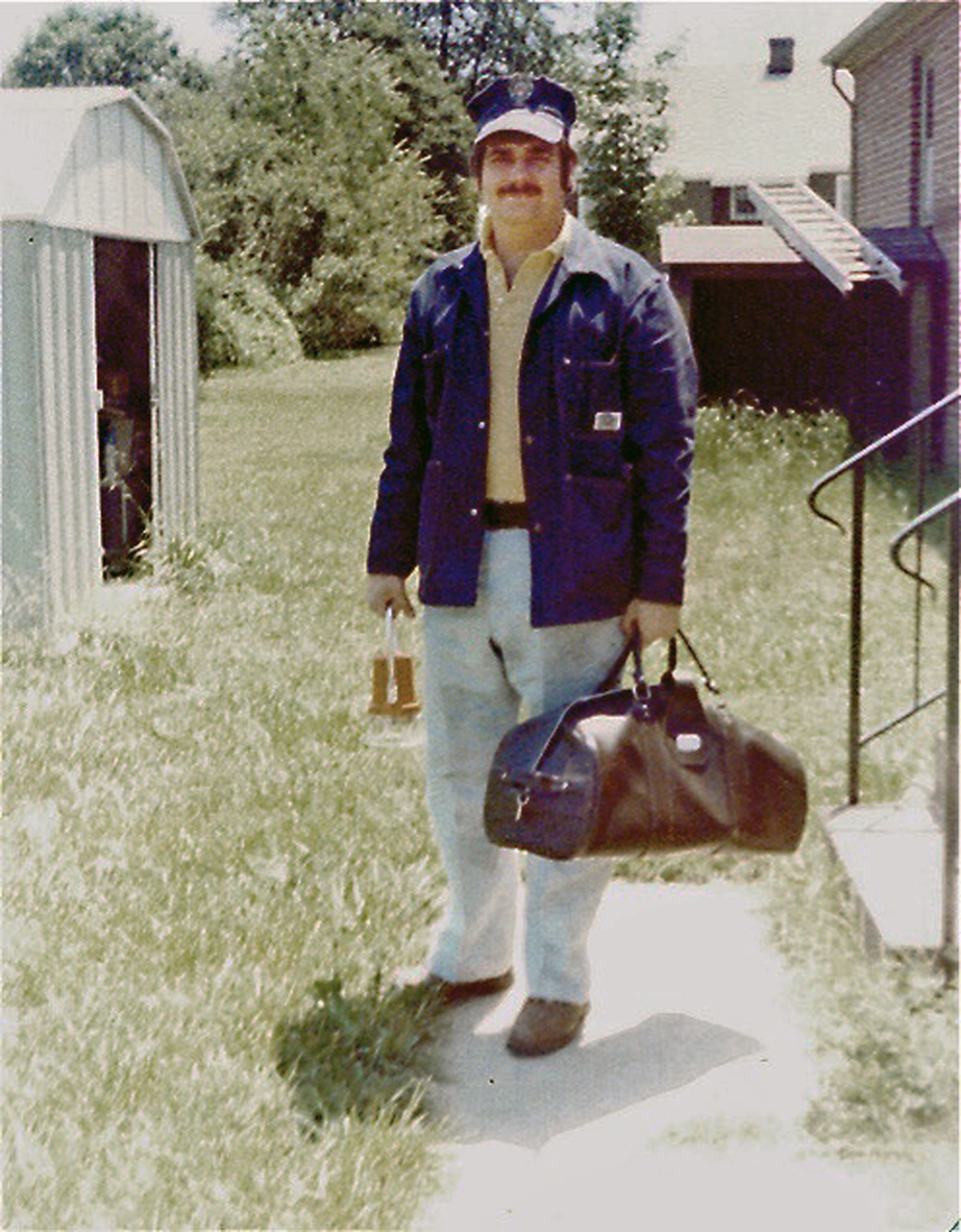
As a naïve rookie brakeman on the “extra board,” I was guaranteed no salary, paid only for the work I performed every 15-day period. Sometimes the phone didn’t ring for two weeks, so while I was delighted to have a steady job with Sundays off, I was curious. I soon found out why.
The Trego Turn, a local freight, ran south to the North Carolina state line and back to Collier. As the lowest classed schedule on the timetable, it scurried from one siding to the next, clearing the time of everything else speeding over the former Atlantic Coast Line main. Our day was spent mostly pulling and weighing cars from the Trego Rock Quarry, at Skippers, Va. Hard, hot work. Twice a week, though, the Jarratt Turn, from Rocky Mount, served the quarry, while we rambled south, 17 miles down a branch line, to the small town of Scotland Neck, N.C., to pick up an empty pulpwood flat, or deliver a piece of farm machinery. At 10 mph, just that part of the day took 4 hours — if everything stayed up on the rail. Frequently, it didn’t. The 12-hour “hog law” usually snagged us before reaching the main line again, so we’d tie down our train, and be taxied back to Collier.
My engineer — Herbert, we’ll call him — was an old ACL veteran. How old, no one really knew. Same plaid shirt, khaki trousers, scuffed shoes, and white socks, every day. He smoked Luckys, never shaved or bathed, and from lack of teeth, apparently never brushed either. I got a kick out of him, though, and the feeling was mutual. He called me “Spidel,” rhyming with the makers of the popular replacement wristwatch bands.
At the time, railroaders were forced to retire at age 70, and one day I heard Herbert had made his last run. He had no birth certificate, rather common for that generation, but instead relied upon his birth date, as inscribed in the family Bible. A couple of times, he was permitted to continue working, because he’d find a “new” family Bible, claiming the old one mistook him for his older brother. Yet another family Bible, showed up, leading a skeptical superintendent to tell him, “Herbert, tell me where your mother found the [yet to be invented] ball point pen she used to record your birth date, and you still have a job.”
As he walked out the door, he grinned, “I’ll have to ask her.”
Check out the previous column, “From the Cab: It’s a dangerous world out here” from retired Amtrak Engineer Doug Riddell.





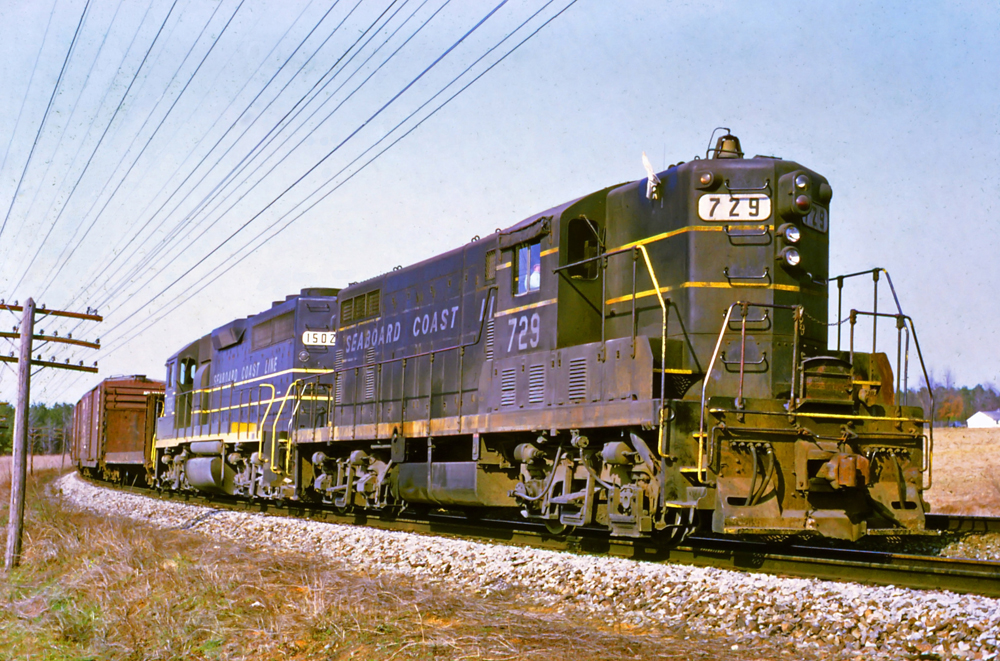

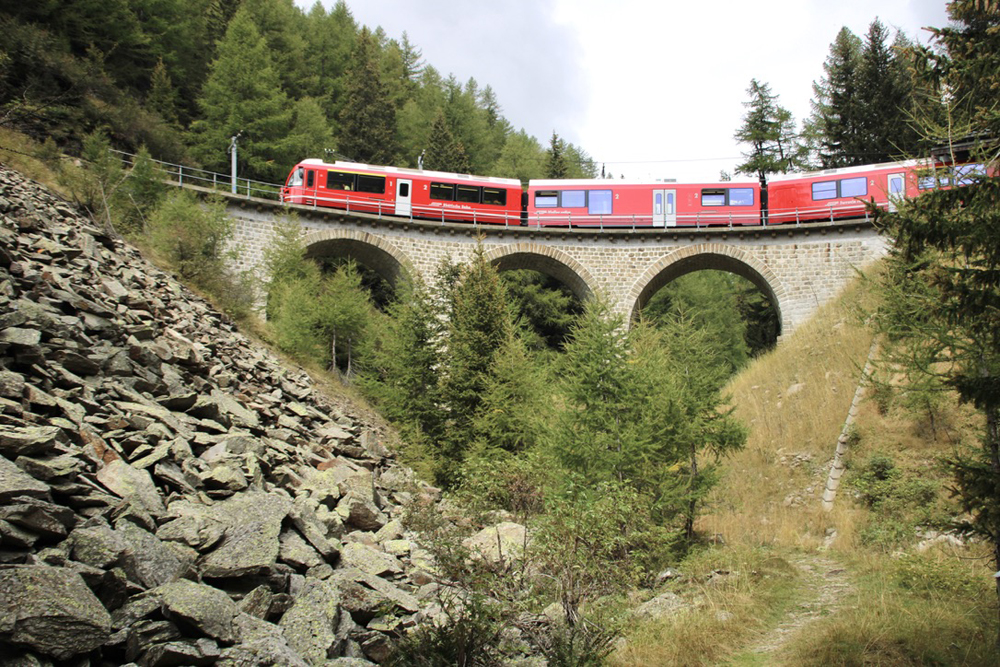
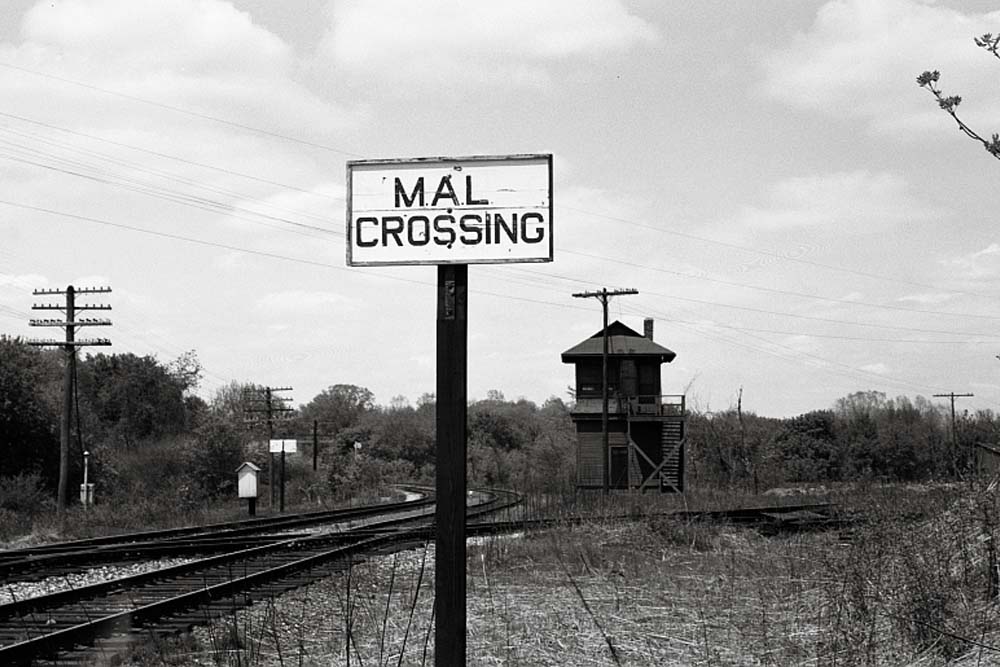
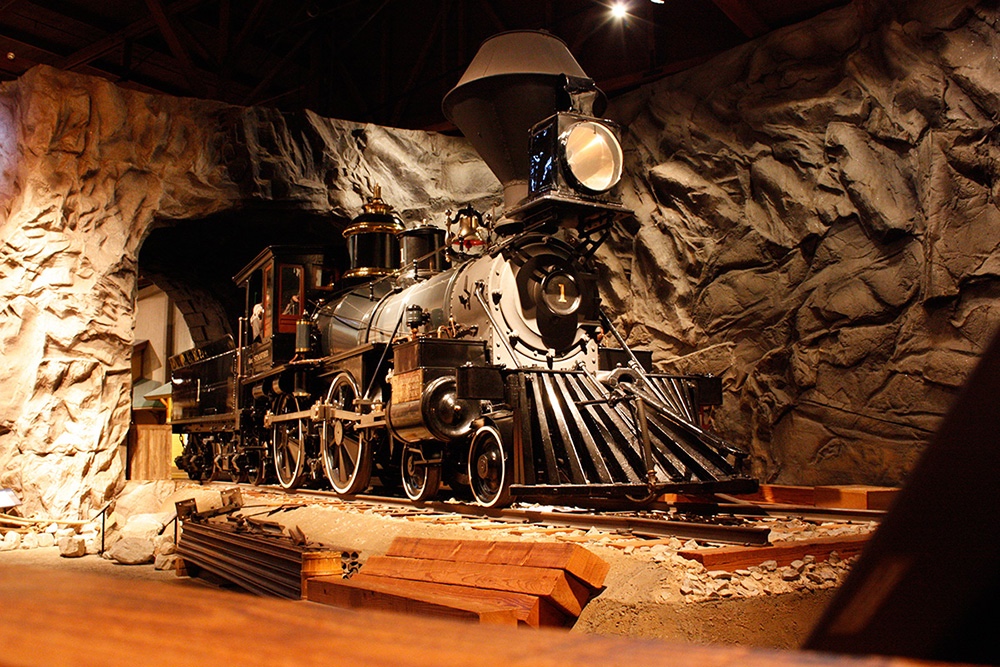
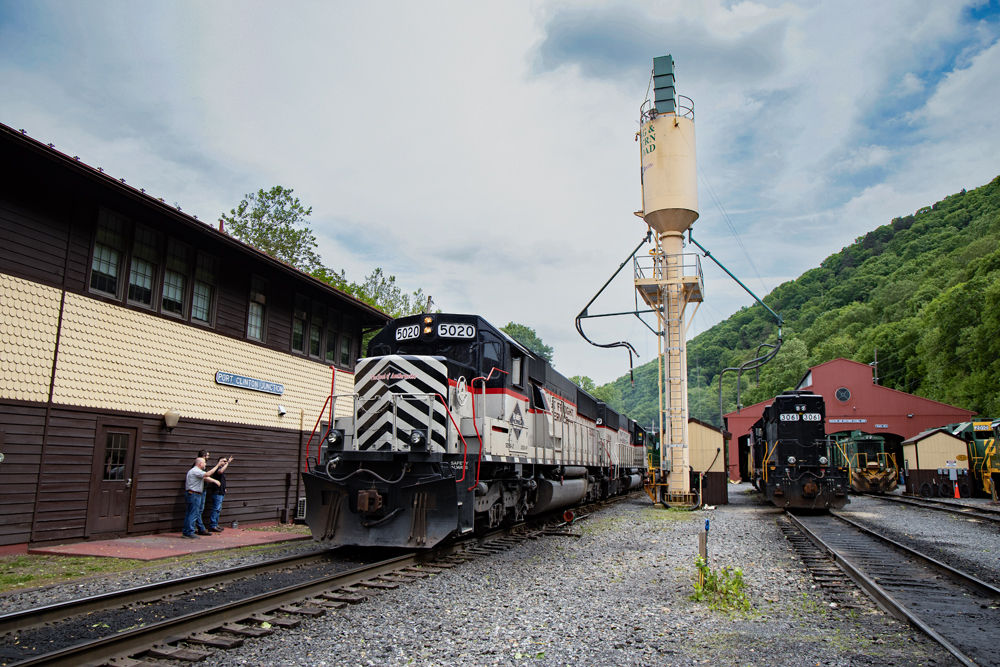




I’m gonna miss all these characters when I retire, not too long to go, and some of them have already passed on…
John,
I miss them all the time. I was telling the fellas in our RR Retirees luncheon group today that I had a nightmare last night, dreaming of an old engineer I HATED working with. I was glad to wake up.
Doug; I think it is time you wrote another book you have so many tales from the cab that need to be shared!!
I’d love to. I want to put things down “on paper” while my memory is still fresh. Best wishes.
nice story. Work usually involves knowing how to work with people moreso than objects
You’re right. Being on the railroad though, is a two edged sword: you spend so much time out there that your coworkers are like family, but being cooped up in the cab, or spending your layover in the lobby of the same hotel, it’s difficult some time. Best wishes.